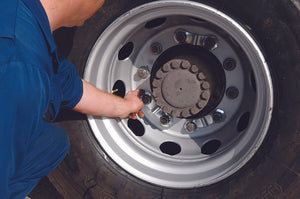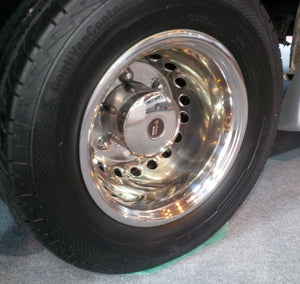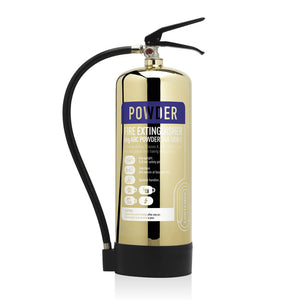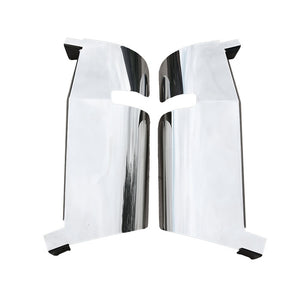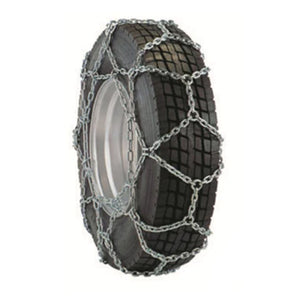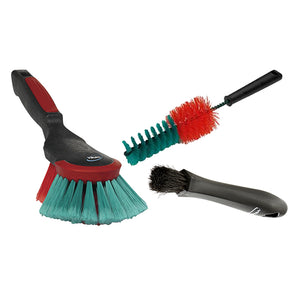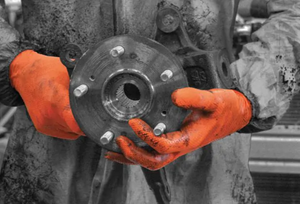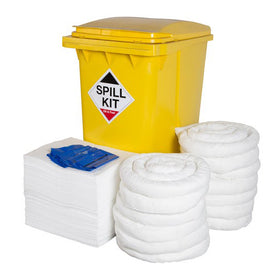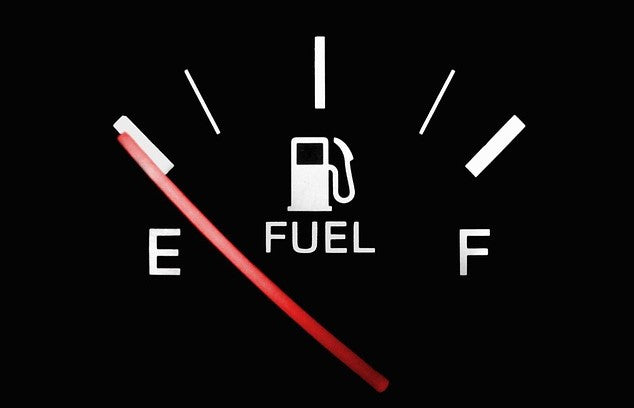
Top 5 tips for fuel efficiency
Rising Fuel Costs: 5 Top Tips for Keeping Your Fleet Efficient on the Road

As diesel prices make their biggest jump in 17 years, the cost of filling up at the pumps is fast becoming a major concern for all fleet owners.
The rigorous calculating of fuel consumption is nothing new for commercial fleets. Fuel equates to a substantial proportion of a fleet’s operating costs, so to overlook them would make no business sense. Yet as costs continue to rise, the time is nigh to seek out even more inventive ways of keeping costs down and helping your fleet run as efficiently as possible.
You can remain vigilant by seeking out the best fuel prices, and carrying a fuel card can save you around 2-3 pence per litre. We are all aware that excessive speeds and hitting the gas burns a lot more fuel than necessary, however, regardless of your vehicle, it is ultimately the driver that dictates fuel mileage. There are numerous strategies that you can incorporate for optimal fuel consumption.

Our Top 5 Tips for Optimising Fuel Efficiency
1. Lighten the Load
The heavier the vehicle, the more fuel it will use. Heavy loads require greater acceleration and more energy, both of which inevitably drain fuel.
Remove any unnecessary items in your vehicle as they’ll simply add extra weight. Eliminate drag by removing roof boxes, racks and bike carriers, which significantly increase air resistance at high speeds.
2. Check Tyre Pressure

Correct tyre pressure is an integral aspect of wheel and tyre maintenance. It can also help maintain optimum fuel efficiency. Underinflated tyres can increase fuel consumption by 3 – 10%.
Tyres lose air naturally so regular checks are vital to maintain pressure and reduce risks associated with under, or over-inflated tyres.
3. Drive Efficiently
Efficient driving (or eco driving) means adopting techniques that improve engine efficiency and save fuel.
- Avoid unnecessary braking and acceleration.
- Maintain safe distances and anticipate road conditions.
- Shift through the gears early and skip a gear when appropriate.
- Drive smoothly – rapid acceleration will rapidly drain fuel.
4. Invest in Wheel Trims
As wheel-makers continue to improve aerodynamics, wheel trims can also reduce drag and fuel consumption.
We offer a wide range for different commercial vehicle wheels. Select the drop down link for wheel trims on our website to find the right fit.

5. Regular Maintenance Check-ups
From tyres and filters to wheel alignment, regular services ensure that your vehicles are running optimally and saving fuel long-term.
Some common drains on fuel efficiency include:
- Poorly tuned engines
- Dirty air filters
- Misaligned wheels
- Leaking engine oil
Wheel balancing can be maintained with an easy balance wheel balancing compound, prolonging tyre life by up to 25%.
To avoid wheel detachment, always torque wheel nuts correctly. Consider safety devices like Zafety, Prolock, RicClip and Propoint for peace of mind on the road.
And Finally…
Efficient driving combined with regular maintenance not only preserves the health of your fleet but also protects profits against rising fuel costs. Prioritise wheel safety, maintain vehicles, and empower drivers with eco-friendly techniques to make every drop of fuel go further.
If you’d like to discuss fuel efficiency or products that can help save on fuel costs, get in touch with the Parma team.

